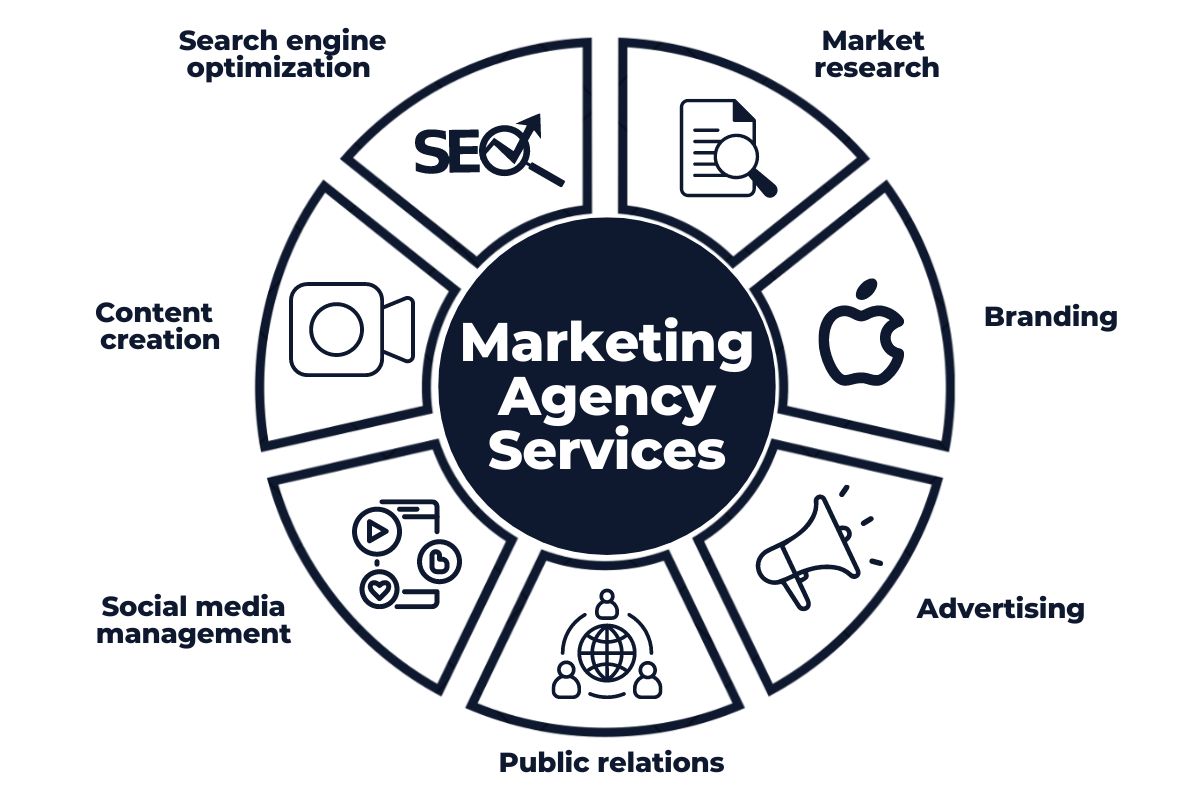The global market for digital marketing agency services is on a rapid growth trajectory, projected to surge from $18.04 billion in 2024 to $60.23 billion by 2033.
Impressively, this is driven by a compound annual growth rate (CAGR) of 14.33% between 2025 and 2033.
According to Business Research report analysis, the boom reflects a fundamental shift in how businesses engage customers in the digital era.
So,with brands under pressure to expand their online presence, agencies have become critical partners, offering tailor-made strategies that blend creativity, data, and technology.
Pandemic Accelerated Demand
The COVID-19 pandemic, once a disruptor, became a catalyst for digital transformation.
As e-commerce adoption soared, businesses leaned heavily on digital marketing firms to stay connected with consumers.
Agencies specializing in SEO, targeted advertising, and e-commerce optimization recorded unprecedented demand.
Although markets have since stabilized, that momentum established a new baseline for growth, with digital-first strategies now at the core of business planning.
AI, Machine Learning, and Personalization Lead the Charge
Artificial intelligence (AI) and machine learning (ML) now power some of the strongest growth drivers in the industry.
From predictive analytics to AI-powered chatbots and personalized content recommendations, agencies are harnessing smart technologies to deliver more accurate, efficient, and scalable campaigns.
“Automation and personalization are no longer optional they are the currency of competitive advantage,” analysts note, emphasizing that data-driven campaigns significantly improve conversion rates and return on investment.
Shifts in Consumer Behavior Fuel Demand
The widespread use of smartphones and mobile devices has permanently reshaped consumer behavior.
Agencies actively focus on mobile-first strategies, app promotions, and cross-platform campaigns to keep pace with an audience that remains constantly connected.
Additionally, influencer marketing has matured into a mainstream strategy.
Agencies now increasingly manage partnerships between brands and influencers.
Also, with collaborations especially with micro-influencers proving highly effective at driving authentic engagement.
This shift cements influencer marketing as a critical growth enabler for agencies.
Challenges Ahead: Data Privacy and Compliance
However, opportunities may abound, but regulatory pressures create significant headwinds.
Meanwhile, stricter data privacy laws such as Europe’s GDPR and California’s CCPA have raised the compliance bar for agencies.
Holistically, ensuring the responsible handling of consumer data has increased operational costs, introducing risks that could temper growth for smaller firms.
Looking Ahead
Despite these challenges, the outlook remains overwhelmingly positive.
Large enterprises and SMEs alike continue to prioritize digital engagement, making agency partnerships indispensable.
Analysts project that social media marketing will remain the dominant service segment, capturing the largest share of the market over the next decade.
With businesses reimagining how they connect, sell, and grow in a digital-first world, the digital marketing agency services market is not just expanding it is actively reshaping the future of brand-consumer relationships.
ALSO WATCH MARKETING EDGE ONTV






Comment
No comments found.